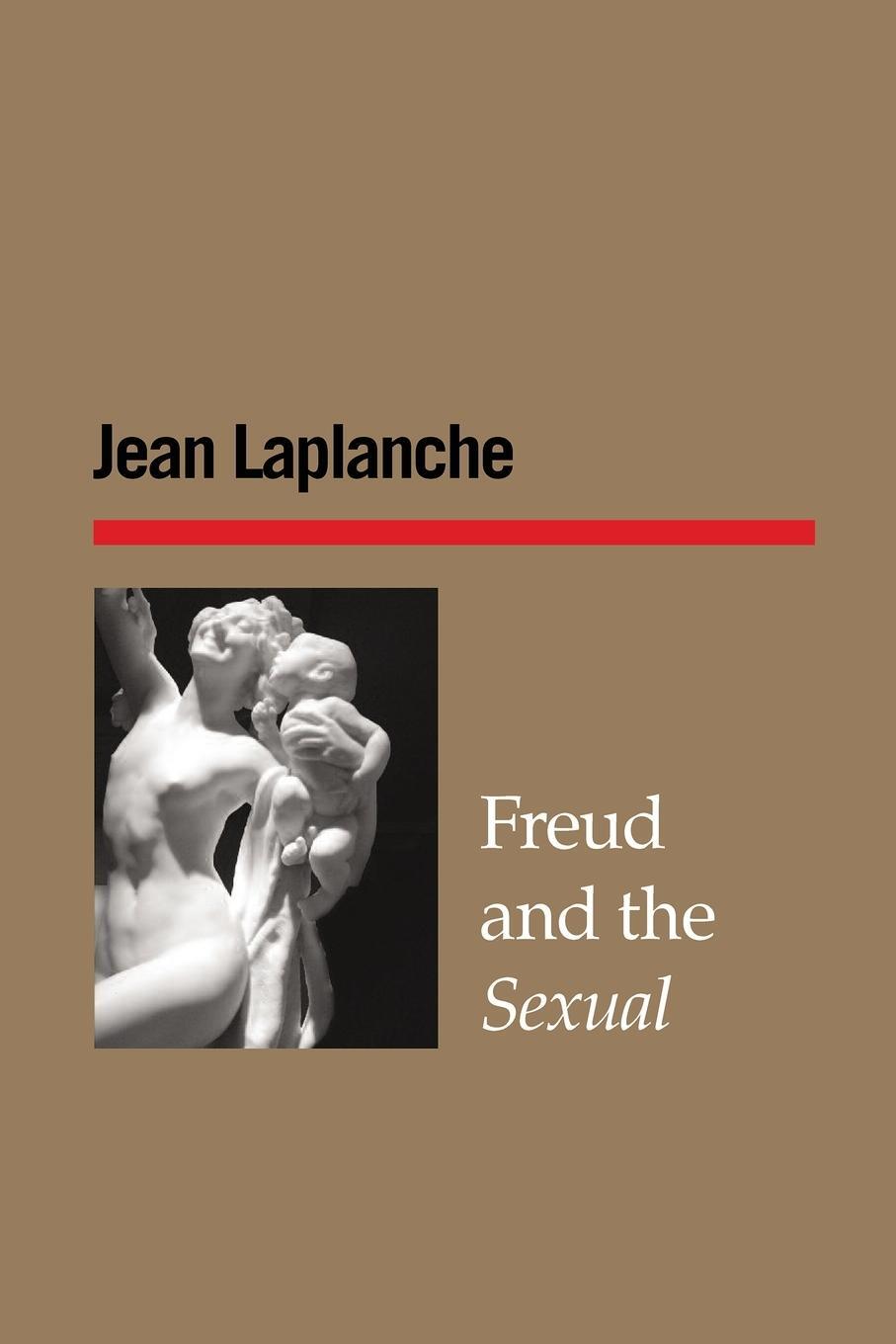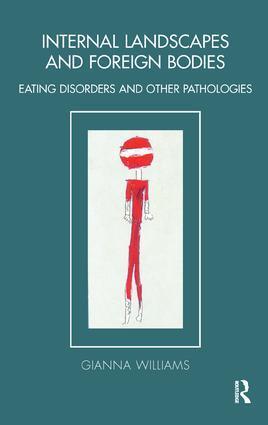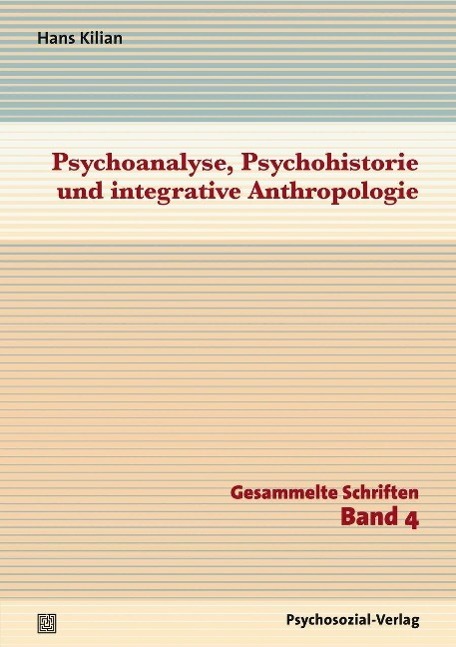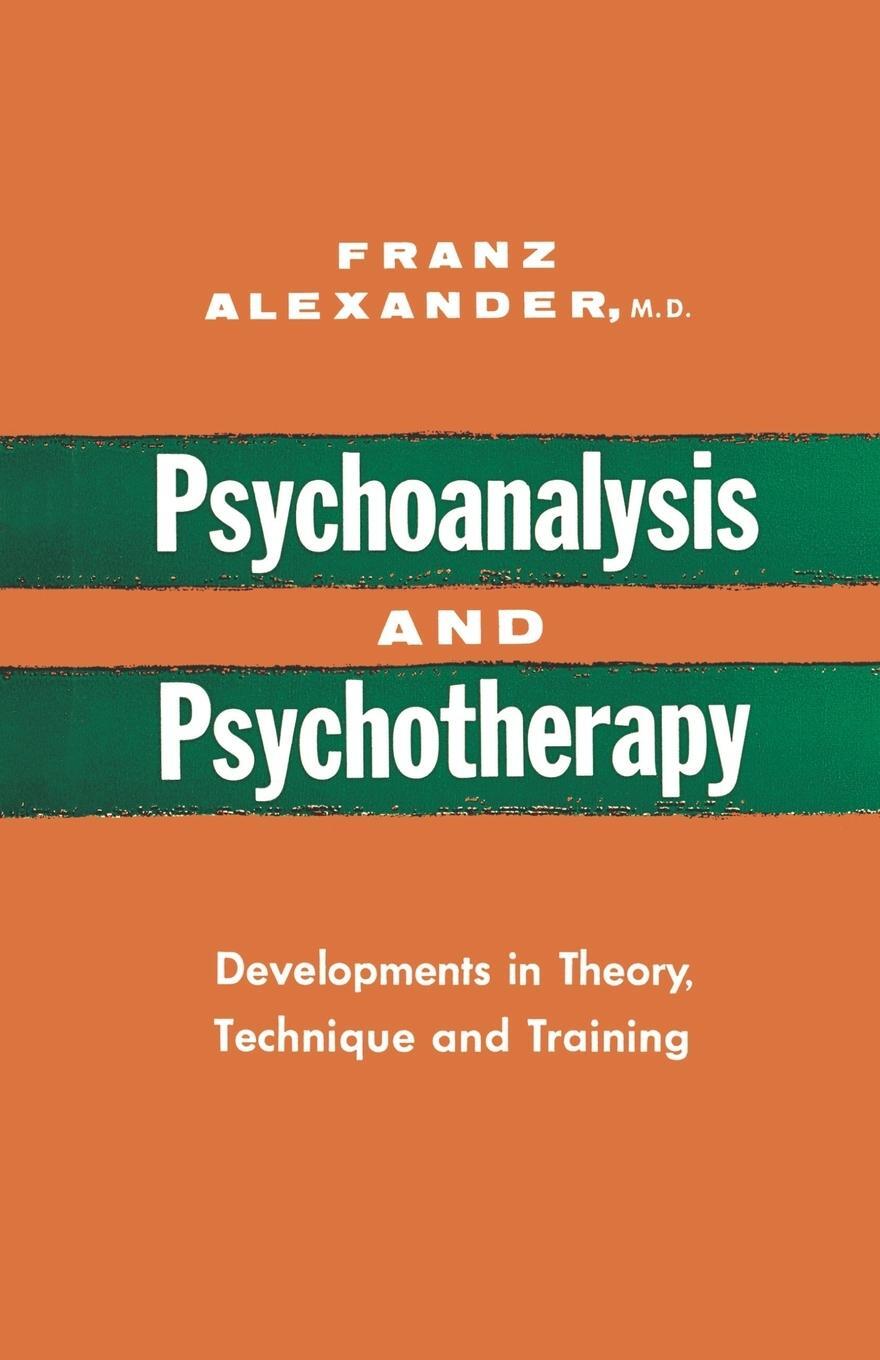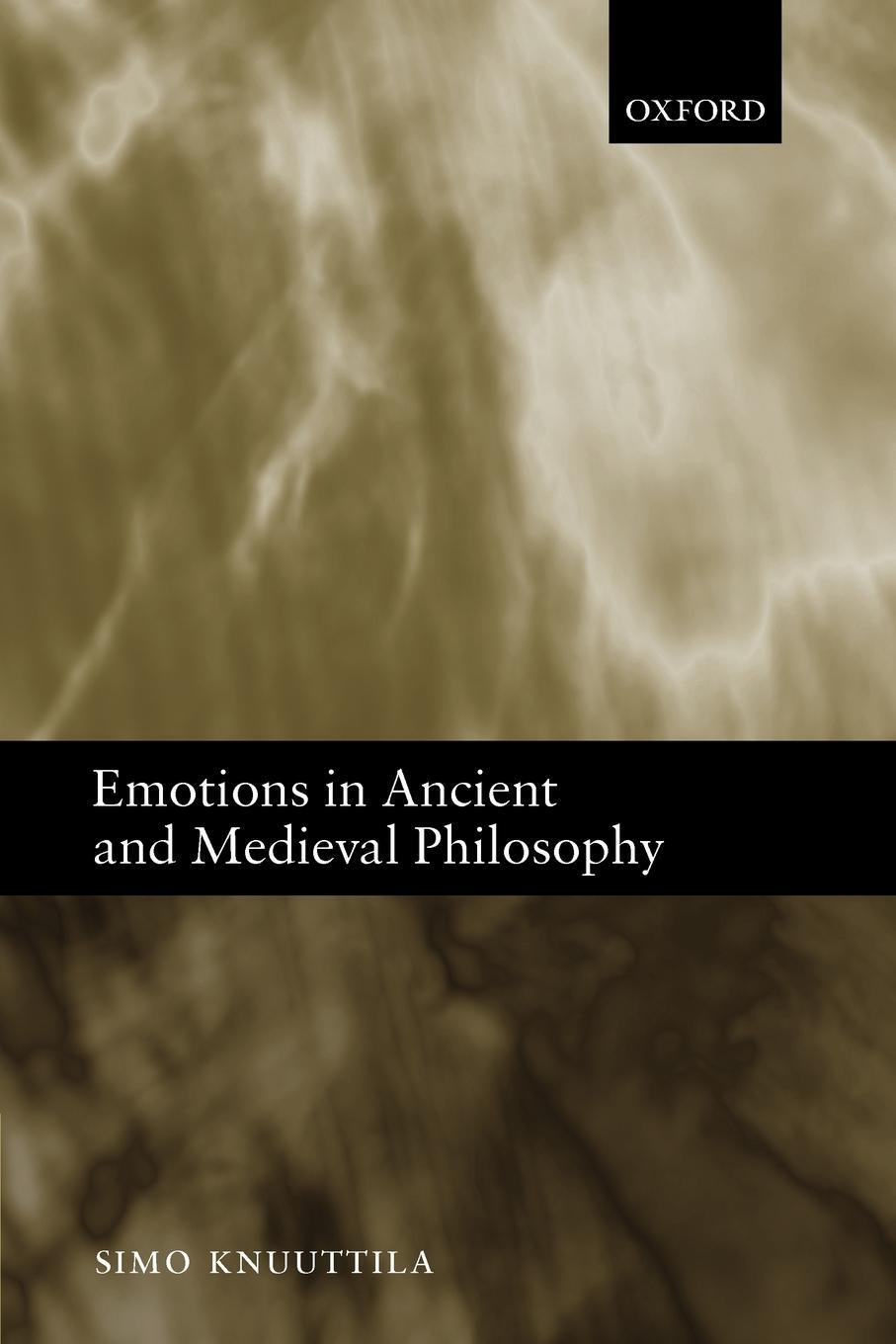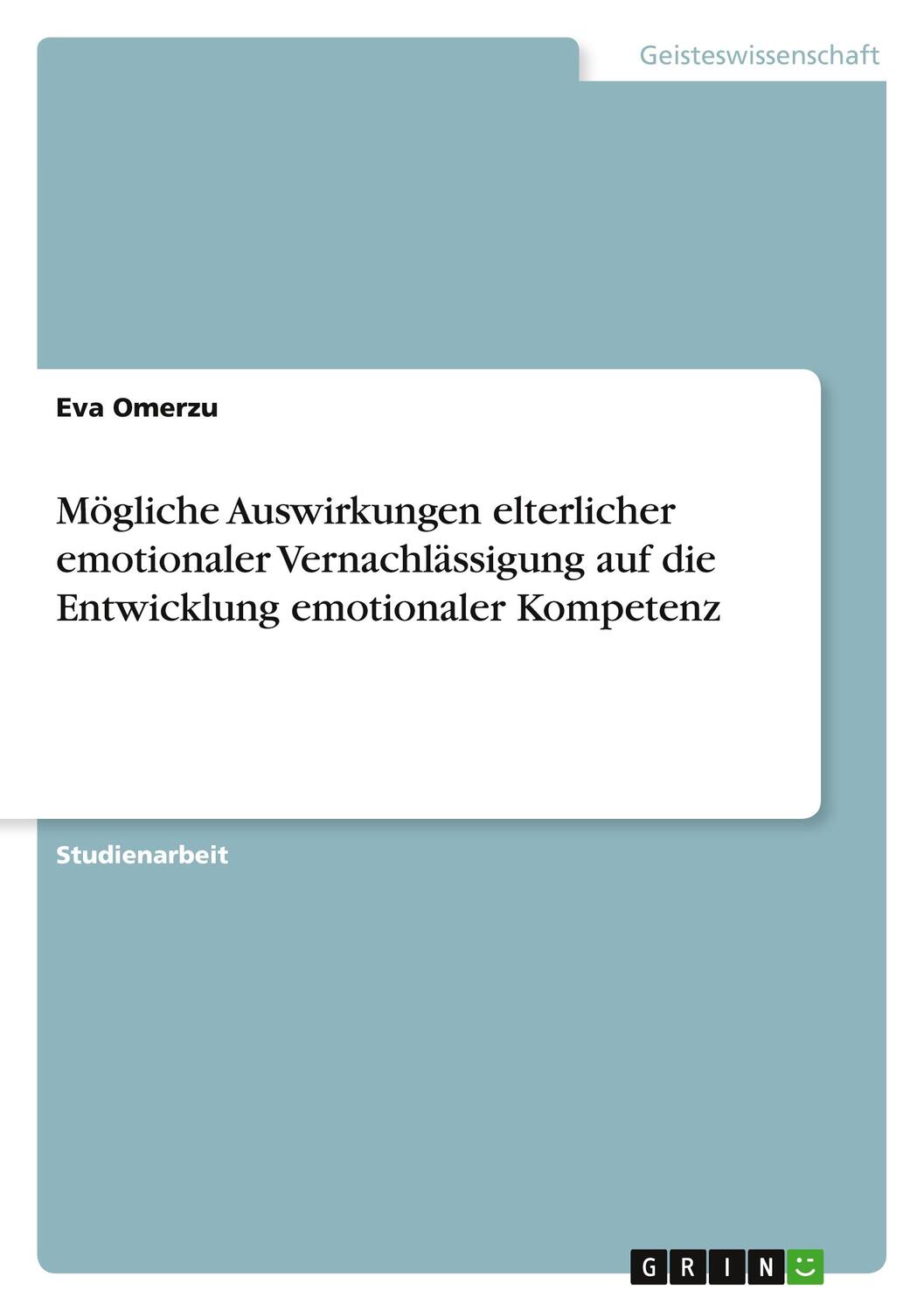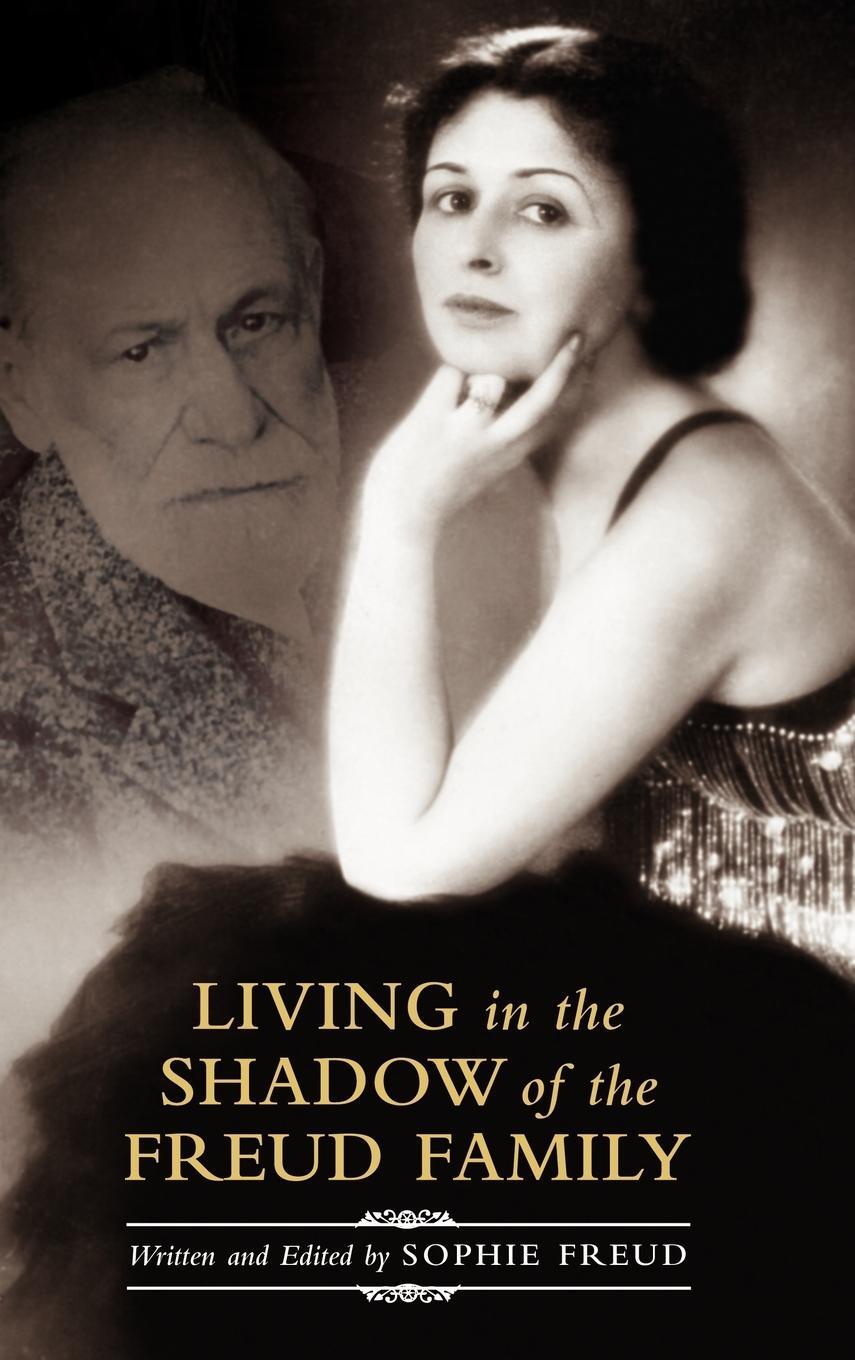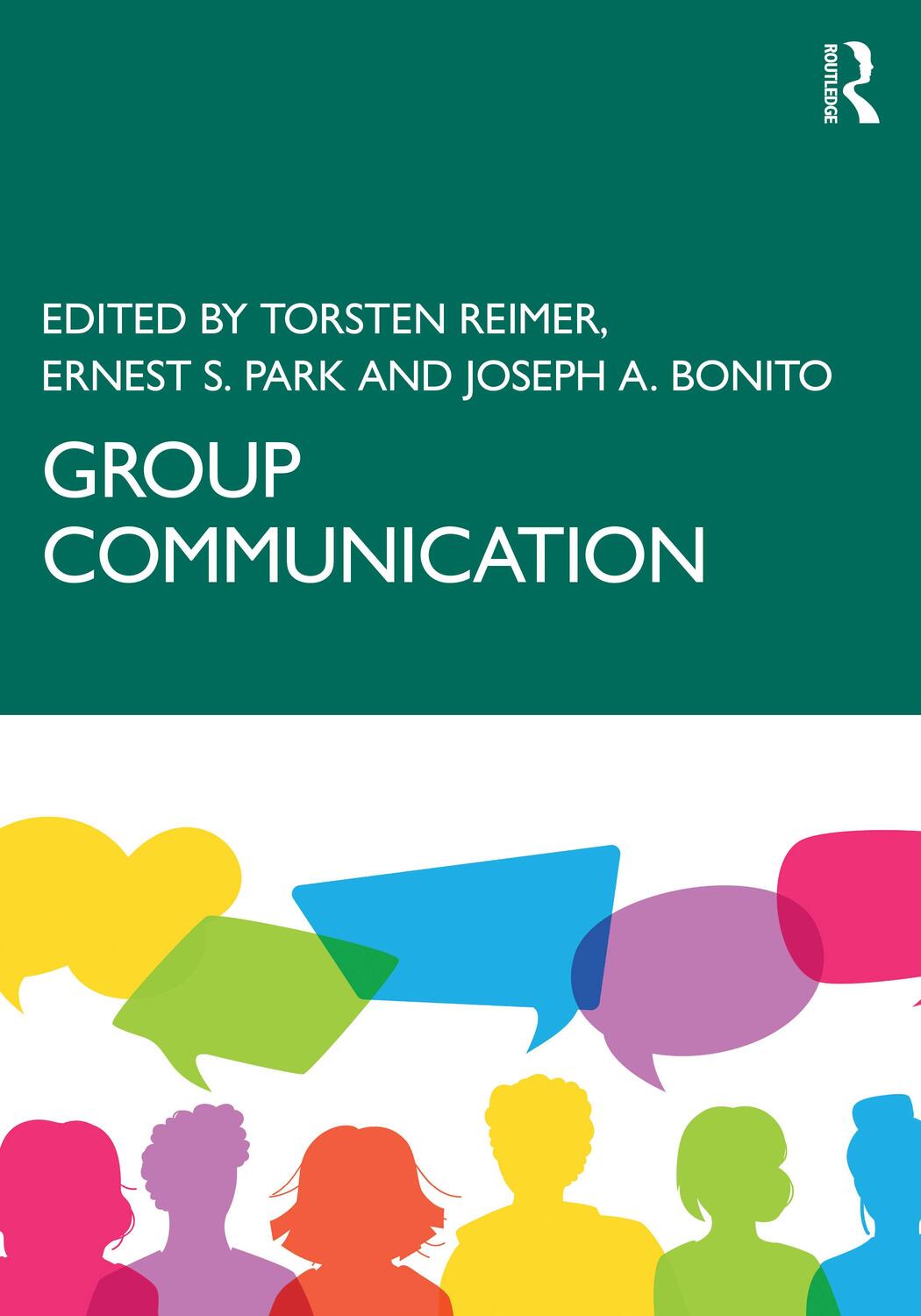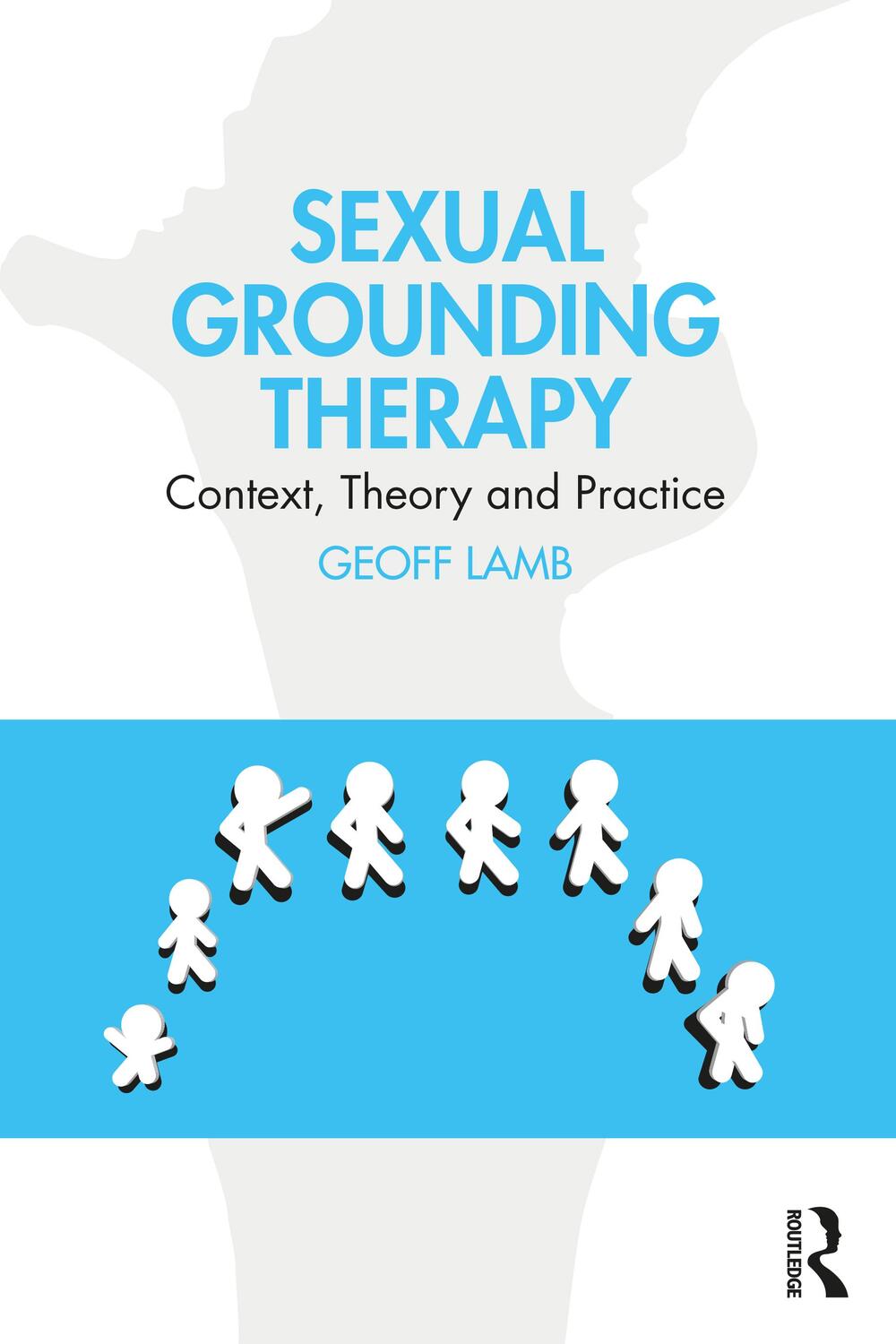Dekorationsartikel gehören nicht zum Leistungsumfang.
Sprache:
Englisch
48,65 €*
Versandkostenfrei per Post / DHL
Lieferzeit 1-2 Wochen
Kategorien:
Beschreibung
Freud and the Sexual is the translation of Laplanche's Sexual: La sexualité élargie au sens freudien, his work from 2000 to 2006, and a groundbreaking book by the French psychoanalyst Jean Laplanche that challenges traditional interpretations of Sigmund Freud's theories on sexuality. In this book, Laplanche argues that Freud's work has been misunderstood and misinterpreted, and that his ideas on sexuality are much more complex and nuanced than is commonly thought.
Laplanche draws on his extensive knowledge of Freud's writings and the history of psychoanalysis to explore the origins and evolution of Freud's theories on sexuality. He examines the ways in which Freud's ideas were shaped by his personal experiences, his cultural and historical context, and the influence of his patients.
Laplanche also presents a compelling critique of the "Oedipus complex," which has long been considered a central tenet of Freudian theory. He argues that this concept has been overemphasized and oversimplified, and that it has limited our understanding of the complexities of human sexuality.
Through his rigorous analysis and insightful commentary, Laplanche offers a fresh perspective on Freud's ideas, challenging readers to rethink their assumptions about human sexuality and the role of psychoanalysis in understanding it.
Freud and the Sexual is a must-read for anyone interested in the history of psychoanalysis, the evolution of Freud's ideas, or the complexities of human sexuality. It is a masterful work of scholarship and a valuable contribution to the ongoing debate about the nature of the human psyche.
Laplanche draws on his extensive knowledge of Freud's writings and the history of psychoanalysis to explore the origins and evolution of Freud's theories on sexuality. He examines the ways in which Freud's ideas were shaped by his personal experiences, his cultural and historical context, and the influence of his patients.
Laplanche also presents a compelling critique of the "Oedipus complex," which has long been considered a central tenet of Freudian theory. He argues that this concept has been overemphasized and oversimplified, and that it has limited our understanding of the complexities of human sexuality.
Through his rigorous analysis and insightful commentary, Laplanche offers a fresh perspective on Freud's ideas, challenging readers to rethink their assumptions about human sexuality and the role of psychoanalysis in understanding it.
Freud and the Sexual is a must-read for anyone interested in the history of psychoanalysis, the evolution of Freud's ideas, or the complexities of human sexuality. It is a masterful work of scholarship and a valuable contribution to the ongoing debate about the nature of the human psyche.
Freud and the Sexual is the translation of Laplanche's Sexual: La sexualité élargie au sens freudien, his work from 2000 to 2006, and a groundbreaking book by the French psychoanalyst Jean Laplanche that challenges traditional interpretations of Sigmund Freud's theories on sexuality. In this book, Laplanche argues that Freud's work has been misunderstood and misinterpreted, and that his ideas on sexuality are much more complex and nuanced than is commonly thought.
Laplanche draws on his extensive knowledge of Freud's writings and the history of psychoanalysis to explore the origins and evolution of Freud's theories on sexuality. He examines the ways in which Freud's ideas were shaped by his personal experiences, his cultural and historical context, and the influence of his patients.
Laplanche also presents a compelling critique of the "Oedipus complex," which has long been considered a central tenet of Freudian theory. He argues that this concept has been overemphasized and oversimplified, and that it has limited our understanding of the complexities of human sexuality.
Through his rigorous analysis and insightful commentary, Laplanche offers a fresh perspective on Freud's ideas, challenging readers to rethink their assumptions about human sexuality and the role of psychoanalysis in understanding it.
Freud and the Sexual is a must-read for anyone interested in the history of psychoanalysis, the evolution of Freud's ideas, or the complexities of human sexuality. It is a masterful work of scholarship and a valuable contribution to the ongoing debate about the nature of the human psyche.
Laplanche draws on his extensive knowledge of Freud's writings and the history of psychoanalysis to explore the origins and evolution of Freud's theories on sexuality. He examines the ways in which Freud's ideas were shaped by his personal experiences, his cultural and historical context, and the influence of his patients.
Laplanche also presents a compelling critique of the "Oedipus complex," which has long been considered a central tenet of Freudian theory. He argues that this concept has been overemphasized and oversimplified, and that it has limited our understanding of the complexities of human sexuality.
Through his rigorous analysis and insightful commentary, Laplanche offers a fresh perspective on Freud's ideas, challenging readers to rethink their assumptions about human sexuality and the role of psychoanalysis in understanding it.
Freud and the Sexual is a must-read for anyone interested in the history of psychoanalysis, the evolution of Freud's ideas, or the complexities of human sexuality. It is a masterful work of scholarship and a valuable contribution to the ongoing debate about the nature of the human psyche.
Über den Autor
Jean Laplanche (b. 1924-d. 2012) was a French psychoanalyst and vintner. Among the most innovative and theoretically rigorous thinkers of his generation, his work is characterized by a return to the letter of Freud's text, a method of reading Freud according to Freudian principles, and a complete rethinking of the foundations of psychoanalytic theory and practice. Under the Vichy regime, he joined the French Resistance in 1943. The following year, he entered the École Normale Supérieure where he studied philosophy with Jean Hyppolite, Maurice Merleau-Ponty, Gaston Bachelard, and Ferdinand Alquié. In the years 1946-1947, he received a scholarship to Harvard University where he developed an interest in psychoanalysis through the interdisciplinary Department of Social Relations. Upon returning to Paris, he became a founding member of the revolutionary group Socialisme ou Barbarie. In this same period, he entered into analysis with Jacques Lacan, who remained his mentor until 1963. Laplanche signaled his formal break with Lacan in 1964. However, his intellectual break was well underway when, at the historic Bonneval conference of 1960, in a paper with Serge Leclaire, he directly opposed Lacan's theory of the unconscious "structured like a language." In 1967, with J.-B. Pontalis, he published The Language of Psychoanalysis, today the definitive encyclopedia of Freudian thought. The fruits of this project were distilled in Life and Death in Psychoanalysis (1970). A book of extraordinary insight, Laplanche showed how Freud's thought is structured by the rhetorical figure of chiasmus, wherein the repression of the sexual unconscious is itself the object of repression. This critical return to Freud was intensified through a series of lectures published as Problématiques. Lessons from the first five volumes are condensed in New Foundations for Psychoanalysis (1987). Whereas Life and Death showed how the sexual drive "leans on" vital instinct, thus restoring the rightful place of sexuality in the psychoanalytic understanding of the human being, New Foundations presents nothing less than a refounding of the entire psychoanalytic enterprise. From a recovery of Freud's famously abandoned seduction theory, Laplanche developed a "general theory of seduction," which explains how the situation of primal seduction, the primacy of the other in the transmission of enigmatic messages from adult to infant, is simultaneously the irreducible foundation of psychoanalysis and human subjectivity. With career achievements as co-founder of the Association Psychanalytique de France, professor of psychoanalysis and founder of the Center for Psychoanalytic Research at the Université de Paris VII, founder of the journal Psychanalyse à l'université, and scientific director of the translation of Freud's complete works into French, the magnitude of his thought is only now starting to penetrate Anglophone audiences.
Details
| Erscheinungsjahr: | 2011 |
|---|---|
| Fachbereich: | Psychoanalyse |
| Genre: | Psychologie |
| Rubrik: | Geisteswissenschaften |
| Medium: | Taschenbuch |
| Seiten: | 352 |
| ISBN-13: | 9781942254232 |
| ISBN-10: | 1942254237 |
| Sprache: | Englisch |
| Ausstattung / Beilage: | Paperback |
| Einband: | Kartoniert / Broschiert |
| Autor: | Laplanche, Jean |
| Hersteller: | The Unconscious in Translation |
| Maße: | 229 x 152 x 19 mm |
| Von/Mit: | Jean Laplanche |
| Erscheinungsdatum: | 01.12.2011 |
| Gewicht: | 0,51 kg |
Über den Autor
Jean Laplanche (b. 1924-d. 2012) was a French psychoanalyst and vintner. Among the most innovative and theoretically rigorous thinkers of his generation, his work is characterized by a return to the letter of Freud's text, a method of reading Freud according to Freudian principles, and a complete rethinking of the foundations of psychoanalytic theory and practice. Under the Vichy regime, he joined the French Resistance in 1943. The following year, he entered the École Normale Supérieure where he studied philosophy with Jean Hyppolite, Maurice Merleau-Ponty, Gaston Bachelard, and Ferdinand Alquié. In the years 1946-1947, he received a scholarship to Harvard University where he developed an interest in psychoanalysis through the interdisciplinary Department of Social Relations. Upon returning to Paris, he became a founding member of the revolutionary group Socialisme ou Barbarie. In this same period, he entered into analysis with Jacques Lacan, who remained his mentor until 1963. Laplanche signaled his formal break with Lacan in 1964. However, his intellectual break was well underway when, at the historic Bonneval conference of 1960, in a paper with Serge Leclaire, he directly opposed Lacan's theory of the unconscious "structured like a language." In 1967, with J.-B. Pontalis, he published The Language of Psychoanalysis, today the definitive encyclopedia of Freudian thought. The fruits of this project were distilled in Life and Death in Psychoanalysis (1970). A book of extraordinary insight, Laplanche showed how Freud's thought is structured by the rhetorical figure of chiasmus, wherein the repression of the sexual unconscious is itself the object of repression. This critical return to Freud was intensified through a series of lectures published as Problématiques. Lessons from the first five volumes are condensed in New Foundations for Psychoanalysis (1987). Whereas Life and Death showed how the sexual drive "leans on" vital instinct, thus restoring the rightful place of sexuality in the psychoanalytic understanding of the human being, New Foundations presents nothing less than a refounding of the entire psychoanalytic enterprise. From a recovery of Freud's famously abandoned seduction theory, Laplanche developed a "general theory of seduction," which explains how the situation of primal seduction, the primacy of the other in the transmission of enigmatic messages from adult to infant, is simultaneously the irreducible foundation of psychoanalysis and human subjectivity. With career achievements as co-founder of the Association Psychanalytique de France, professor of psychoanalysis and founder of the Center for Psychoanalytic Research at the Université de Paris VII, founder of the journal Psychanalyse à l'université, and scientific director of the translation of Freud's complete works into French, the magnitude of his thought is only now starting to penetrate Anglophone audiences.
Details
| Erscheinungsjahr: | 2011 |
|---|---|
| Fachbereich: | Psychoanalyse |
| Genre: | Psychologie |
| Rubrik: | Geisteswissenschaften |
| Medium: | Taschenbuch |
| Seiten: | 352 |
| ISBN-13: | 9781942254232 |
| ISBN-10: | 1942254237 |
| Sprache: | Englisch |
| Ausstattung / Beilage: | Paperback |
| Einband: | Kartoniert / Broschiert |
| Autor: | Laplanche, Jean |
| Hersteller: | The Unconscious in Translation |
| Maße: | 229 x 152 x 19 mm |
| Von/Mit: | Jean Laplanche |
| Erscheinungsdatum: | 01.12.2011 |
| Gewicht: | 0,51 kg |
Warnhinweis

